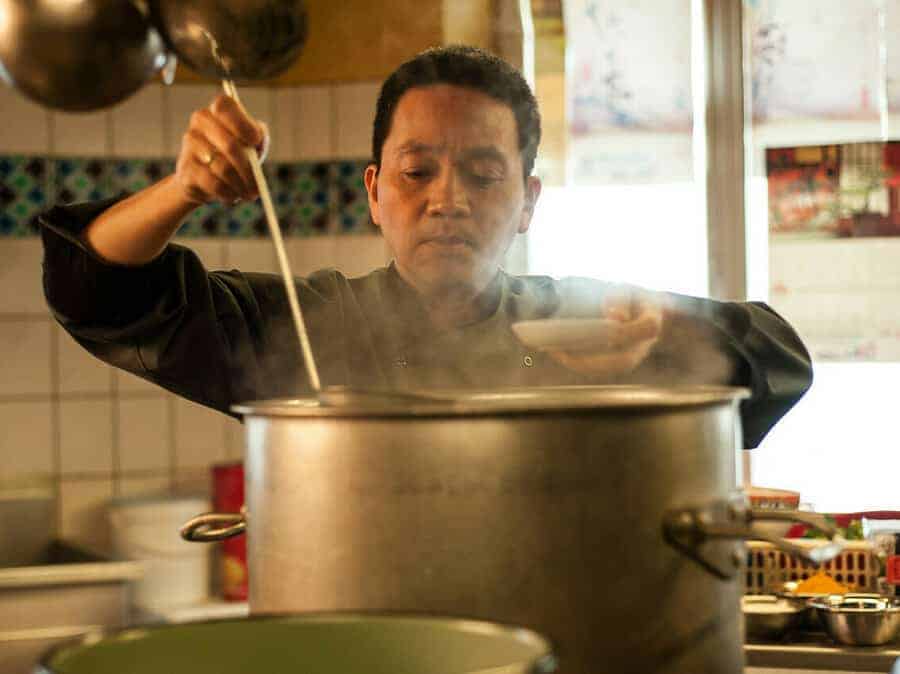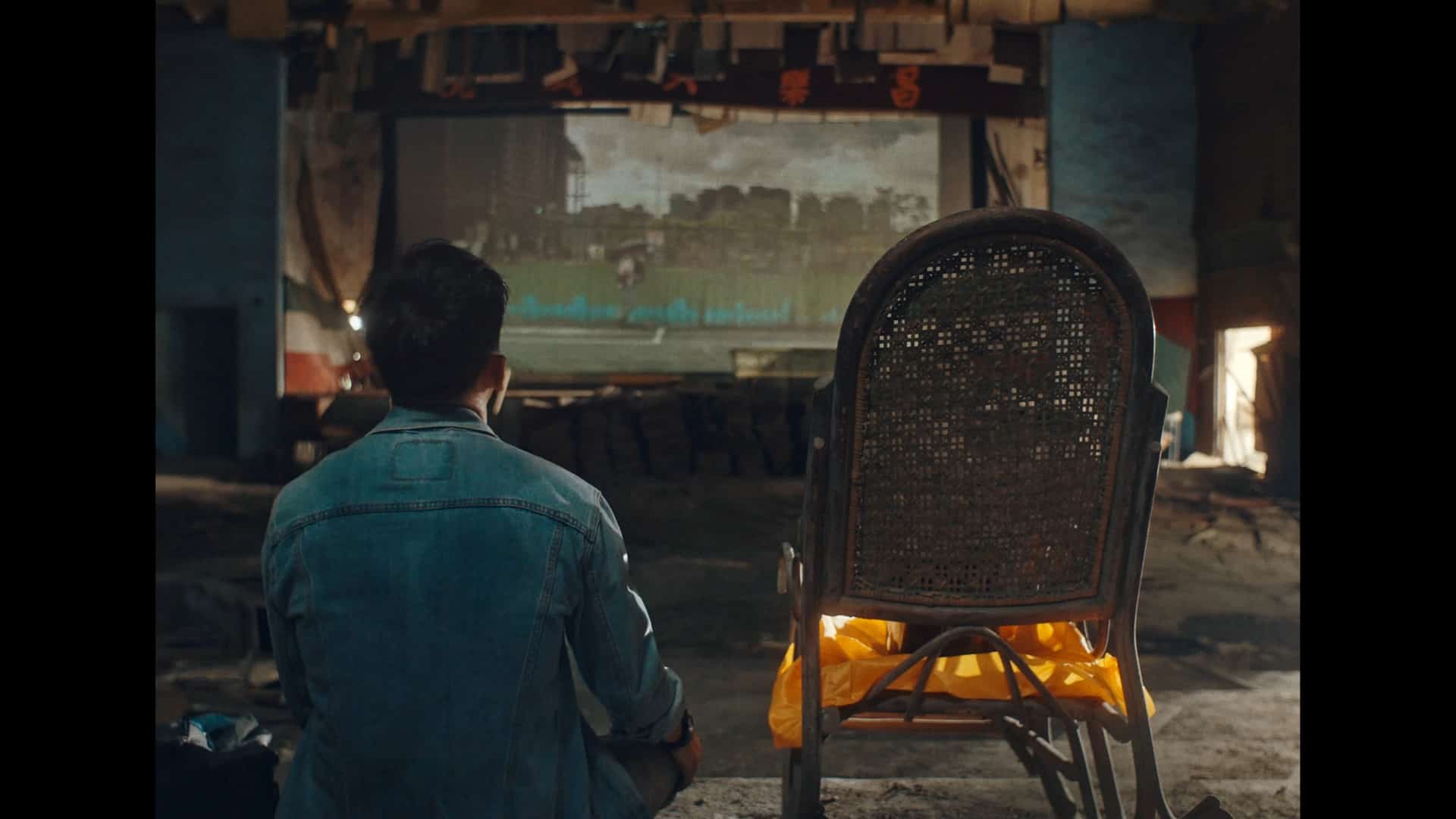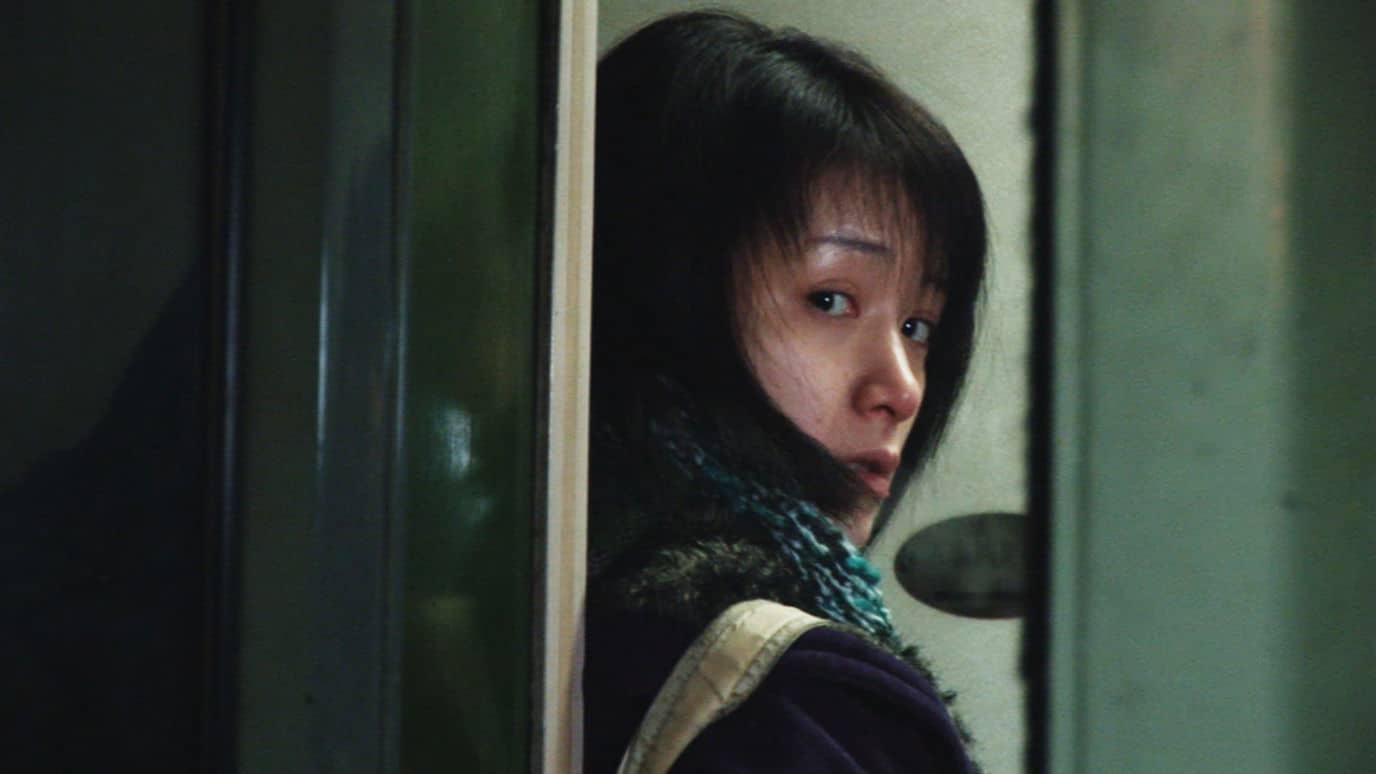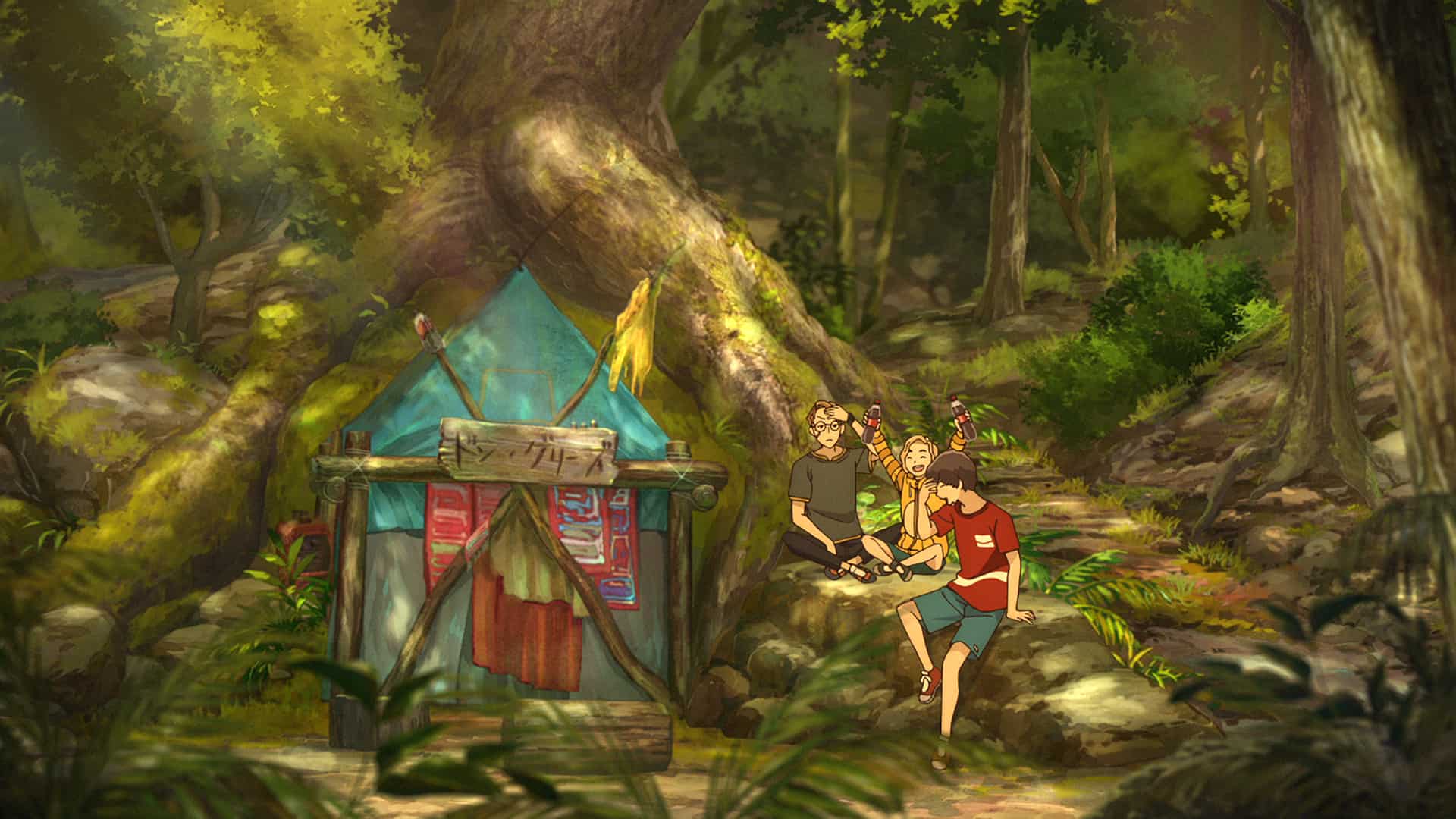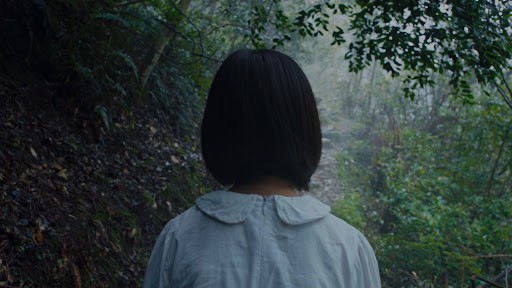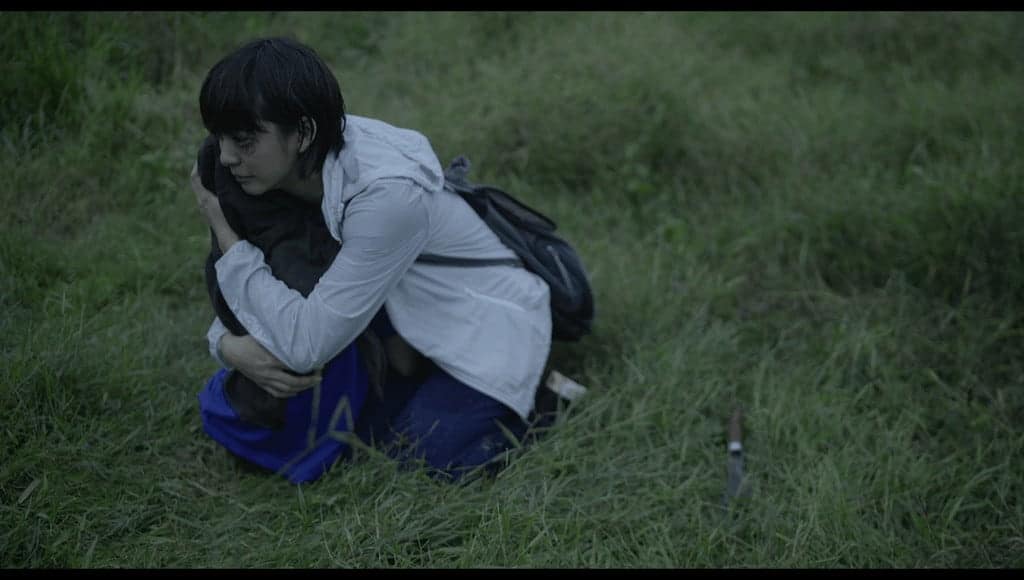When you think of bustling multiethnic European cities, Warsaw is not the name that pops up in your mind. Also the cinematic representations of the Polish capital so far were hesitant to take cognizance for any diversity, despite the growing number of foreigners living there. However Mariko Bobrik, the Japanese director who studied at Łódzka Szkoła Filmowa (National Film School in Łódź) and settled in Poland with her family, could see through the façade of homogeneity.
“The Taste of Pho” was screening at Five Flavours Asian Film Festival

In the Polish-German co-production “The Taste of Pho”, she puts a focus on the Vietnamese community, one of the largest ethnic minority groups in Poland. Its history started for good between the 60s and 80s, when the both countries sharing the traumatic memories of invasions, insufficiency and political oppression, were communist. Students came from Vietnam to attend exchange programs or complete their PhDs, and later also the economic migration became an important factor. The community gradually grew, to become visible and integral part of the city's living tissue in Warsaw. As a side effect, numerous “oriental” Vietnamese-run little bars sprouted in the urban landscape, becoming its inseparable part in 90s. Their specificity makes a fascinating story itself, since the dishes served, partly because of lack of ingredients, and partly of lack of faith in the local taste buds, were mostly the creations not to be known in Hanoi or Saigon (in a reference to Tex-Mex, which are now often playfully nicknamed by foodies as “Pol-Viet”). But with the generation born in Poland rediscovering their roots, the authenticity comes back to the cuisine. In addition, over the past decade, the Vietnamese traditional noodle and beef soup, Pho, conquered the hearts (and the stomachs) of Poles.
“The Taste of Pho”, however, is not a journey through aromas and food varieties reminding of Eric Khoo's “Wanton Mee” and doesn't explore fusion factor like the same director's “Ramen Teh” does. Moreover, as opposed to what the title might have suggested, it doesn't tell much about the essence of Pho either. The signature dish is just a prop, symbolizing attachment to the past, used by the director to tell the story of identity, moving on and complicated family love in her subtle and charming drama. As Mariko Bobrik explained: I didn't want to make a movie about Pho, at least literally, but instead wanted to rely on Pho to stimulate viewers' emotions. She recruited her cast among the Vietnamese living in Poland, which adds a touch of authenticity.

Long (Thang Long Do), a long-time resident of Warsaw, over the years of working in a small and unpretentious Vietnamse joint, has mastered the Pho recipe to perfection, winning a devoted group of recurring customers. His daily routine consists of repetitive actions. Before leaving for the restaurant, he irons a pleated skirt for his 10-year-old daughter Maya (Lena Nguyen), and prepares her a lunchbox. Maya's Polish mother passed away, leaving a huge void in her close ones' lives. It is obvious the dad-daughter duo loves each other, but both have problems in disclosing the emotions and reconciling the past. The girl misses her mum dearly and is afraid that dad is slowly forgetting about his wife, taking an interest in a neighbor (Aleksandra Domańska). However, instead of having a heart-to-heart talk with him, she spies on the woman with a binocular, to a humorous effect. Long, having problems of his own, hardly notices the little girl's troubles. His chief, an elder man, decides to retire and return to Vietnam with his wife, so he sells the restaurant to a Polish owner. The new boss is business-oriented type, who transforms the tiny canteen into a fancy sushi restaurant.
Long is caught between his roots and Polish culture. We get subtle hints that he was coping with the sense of his identity better while his wife was alive, but now he is hanging on the past, as if it was the way to find a safe heaven from reality. Long is used to old ways, so in his world, school girls still wear pleated skirts, and little does he know that every day Maya swaps her dress for a pair of jeans. He also prefers to have things repaired rather than buy new ones (what usually is the rational solution, unless the disputed object is the washing machine over two decades old, for which spare parts can't be found anywhere).
The revolutions in his work place will be a way for Long to discover, whether he is able to adapt and will help him resolve the family crisis. What we should note is that the kindhearted Long is not the type of a stern father like Om Puri's character in “East is East”, who blindly tries to bind his children to the traditions of his homeland, although their homeland is different.
Debutant Mariko Bobrik doesn't overdramatize her story. She seems observant, giving the movie a bit of Japanese feel, and is showing rather than telling. She smartly uses objects to characterize her protagonists and their emotions. The closeness between the protagonists, which is irrespective of their misunderstandings, is visible through the warmly-lighted interiors of their house. Contrasting with the cold-toned images of the city, whose inhabitants always pass each other in a hurry, it seems almost sanctuary.
The director shies away from pointing some heavy-weighted topics of racism or exploring the institutional perils of foreigners in Poland. Some issues appear, though put rather as the examples of misunderstandings or lack of knowledge (like with the restaurant's owner for whom all Asian food is a monolithic assemblage) than grievous accusations. The points of focus are different, though this character, not problem-based, approach somehow works, as it helps to sympathize with Long and Maya. Also, it gives the narrative much more universal context, which allows to contemplate on the family ties, alienation and perseverance, as well as the cycle of everyday life. In the end, “The Taste of Pho”, is unassuming, a heartwarming story about the troubled family finding inner peace, with the Aki Takase's music giving it a pleasing rhythm. And it allows to reflect on the dynamics of migration, showing the different strategies of adaptation, with a young generation fully embracing the culture of the country of their birth.
The festival's Q&A session with Thang Long Do, who has been living in Poland since 1989 and speaks fluent Polish, during which an audience member asked with a lenient tone: “But you [the Vietnamese community] are comfy here, at our place, right?”, proved how important projects like this are. The integration is somehow a mutual process, and when a movie ignites a discussion about the dangers of the We-Us dichotomies and the perils that migrants are encountering legally and socially, its serves its purpose more than well.


